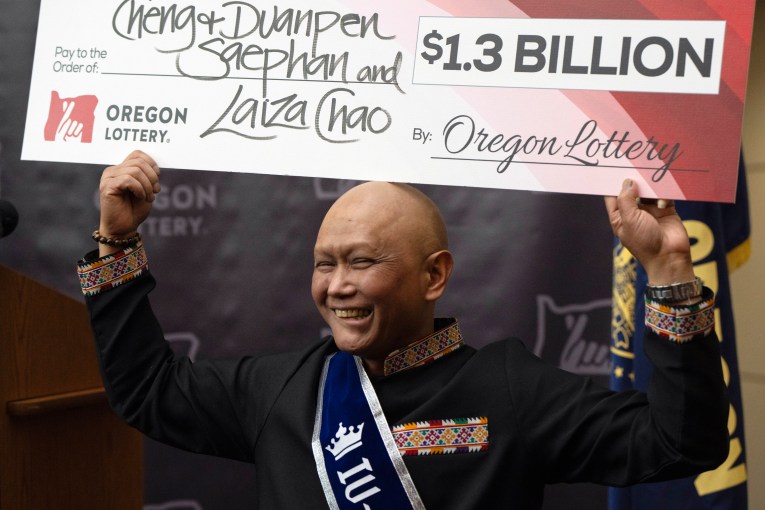Oxford Dictionaries’ word of the year is ‘toxic’

Oxford Dictionaries has declared "toxic" its word of 2018. Photo: Getty
Oxford Dictionaries has chosen “toxic” as its international word of the year, selecting it from a shortlist that included such politically inflected contenders as “gaslighting”, “incel” and “techlash”.
Katherine Connor Martin, the company’s head of US dictionaries, said there had been a marked uptick of interest in the word on its website in the past year.
But the word was chosen less for statistical reasons, she said, than for the sheer variety of contexts in which it has proliferated, from conversations about environmental poisons to laments about today’s poisonous political discourse to the #MeToo movement, with its calling out of “toxic masculinity”.
In fact, Ms Martin said, the committee initially considered choosing “toxic masculinity” until it realised how widespread “toxic” had become.
Oxford’s word of the year is chosen to reflect “the ethos, mood or preoccupations” of a particular year, but also to highlight that English is always changing. Last year’s winner was “youthquake”. In 2016, it was “post-truth.”
“Toxic” derives from the Greek “toxikon pharmakon,” meaning “poison for arrows”. The current entry in the online Oxford English Dictionary dates its earliest known printed occurrence to 1664.
Other words on the shortlist highlight different ways words emerge or evolve. While “toxic” is an old and common word that has expanded in usage, “incel” – short for “involuntarily celibate” – is an example of jargon used by a limited group that suddenly enters widespread usage.
In that case, it came to prominence in April, after it was reported that the young man who drove a van into a crowded sidewalk in Toronto, killing 10 people, appeared to be connected to a now-banned Reddit community of resentful self-identified male “incels”.
Then there’s “techlash,” defined as “a strong and widespread negative reaction to the growing power and influence of large technology companies, particularly those based in Silicon Valley”.
It’s the kind of word that occurs mainly in journalism, but doesn’t really exist in common usage. (It has appeared in only three articles in The New York Times, all since June, and mostly in scare quotes.)
-New York Times








